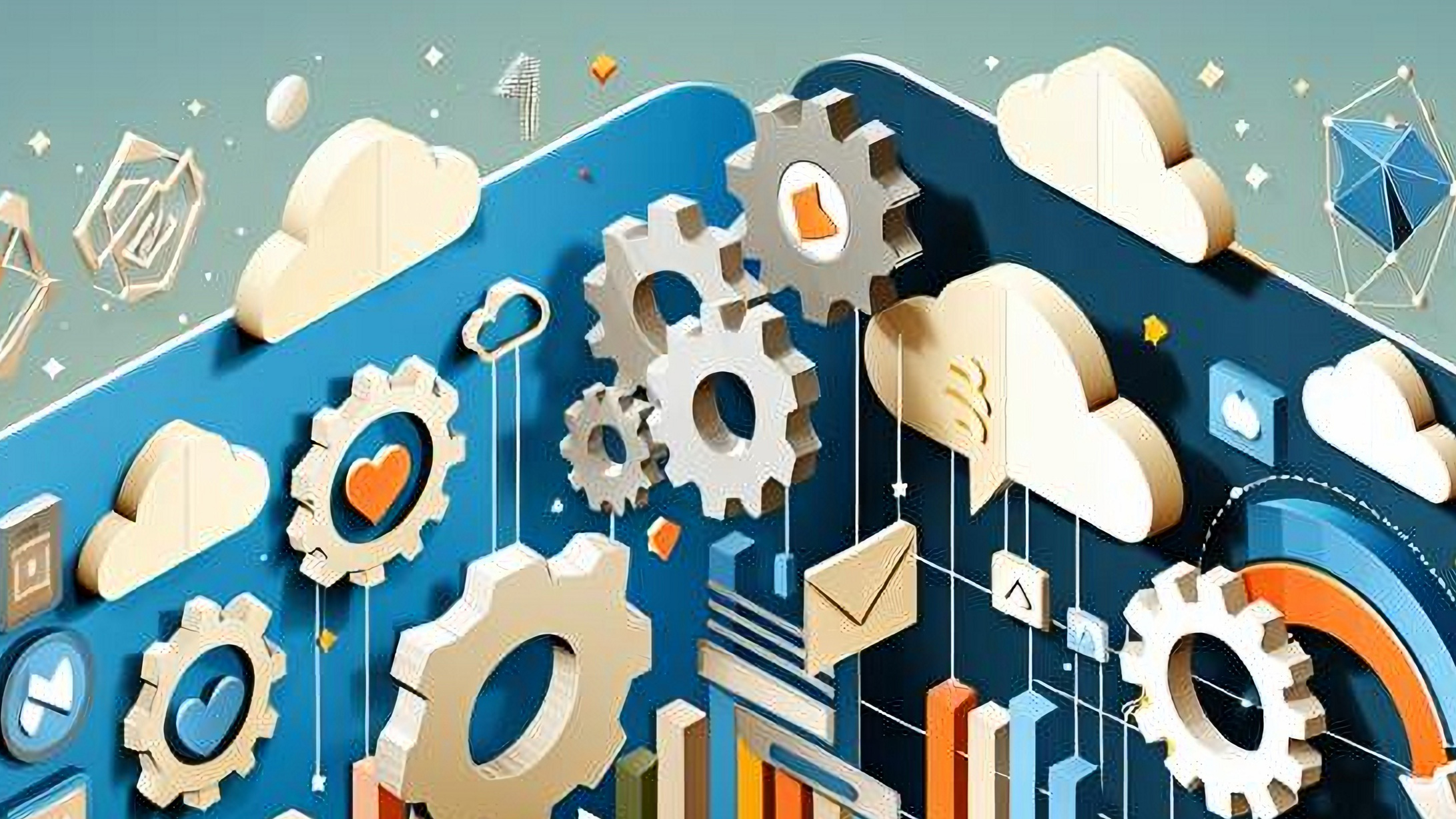Digitization has many downsides. It puts many people at a disadvantage and relegates them to the sidelines. Many service providers apparently are unaware of this, or consciously accept it. It disadvantages many weaker, disabled, and older people. Digital devices are often more difficult to use than analog ones. The more (mostly unused) options, the more difficult it is.
The analog landline telephone is easy to use and works even in the event of a power failure. Countless people are overwhelmed by digital cell phones. Digitization excludes many people from social or economic life. They are left behind. Without computer skills, it is difficult to use ticket machines, for example. Analog coffee machines, washing machines, stoves, and refrigerators are more user-friendly than digital ones. This is especially true for radios and televisions.
Those who do not use digital payment transactions (e.g., for security reasons) are penalized by the banks: lower interest rates and higher fees. In Switzerland, printed timetables and telephone directories have almost disappeared. There are no more (analog) telephone booths. If you don't have a cell phone, you can no longer be reached on the road and are at a loss in emergencies. If a greedy telecommunications company switches off the 2G or 3G network, it forces you to buy a new cell phone, which is not exactly environmentally friendly.
Because ticket machines are a pain to use, some people buy expensive, little-used annual passes. Many services such as travel and goods can now only be ordered or booked online. Without the Internet, access to "social" media is denied and access to knowledge and reference works is made more difficult. Digital money can be used to monitor the population, whereas analog money also can be used without electricity. Older and disabled people have no or only a weak lobby. Their concerns are ignored and their needs forgotten. The digital world is often ruthless and undemocratic. It also consumes a lot of electrical energy, especially artificial intelligence.
References
Bruderer, Herbert: Meilensteine der Rechentechnik, De Gruyter Oldenbourg, Berlin/Boston, 3. Auflage 2020, Band 1, 970 Seiten, 577 Abbildungen, 114 Tabellen, https://doi.org/10.1515/9783110669664
Bruderer, Herbert: Meilensteine der Rechentechnik, De Gruyter Oldenbourg, Berlin/Boston, 3. Auflage 2020, Band 2, 1055 Seiten, 138 Abbildungen, 37 Tabellen, https://doi.org/10.1515/9783110669671
Bruderer, Herbert: Milestones in Analog and Digital Computing, Springer Nature Switzerland AG, Cham, 3rd edition 2020, 2 volumes, 2113 pages, 715 illustrations, 151 tables, translated from the German by John McMinn, https://doi.org/10.1007/978-3-030-40974-6
Herbert Bruderer (herbert.bruderer@bluewin.ch; bruderer@retired.ethz.ch) is a retired lecturer in the Department of Computer Science at ETH Zurich and a historian of technology.




Join the Discussion (0)
Become a Member or Sign In to Post a Comment